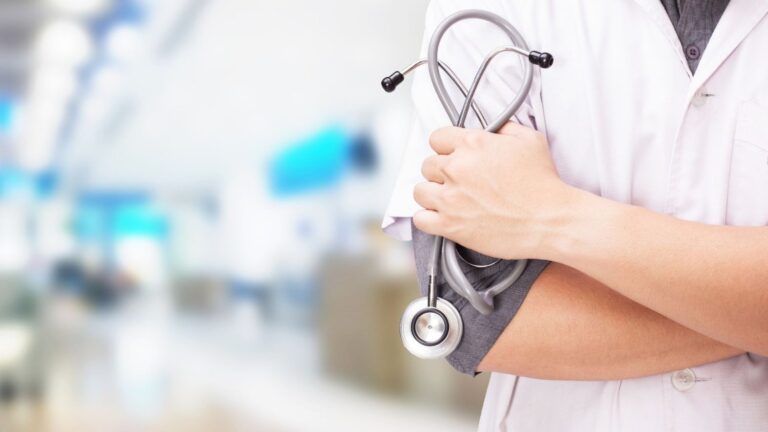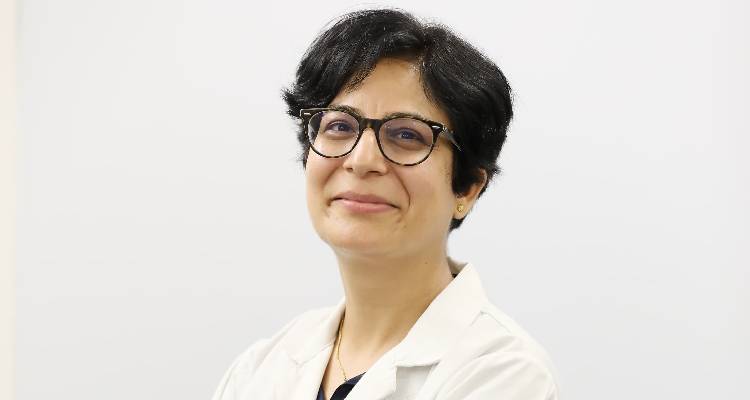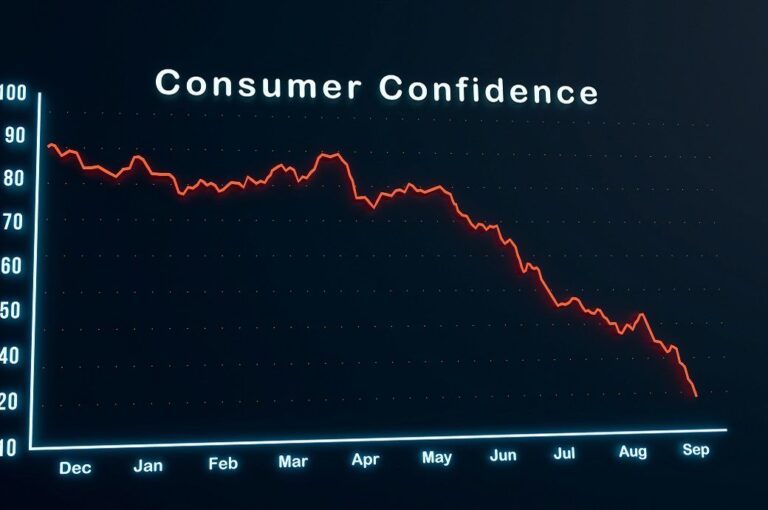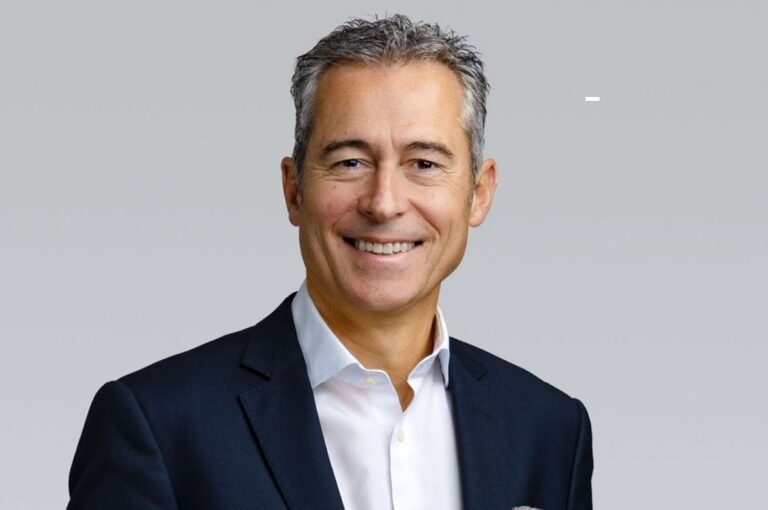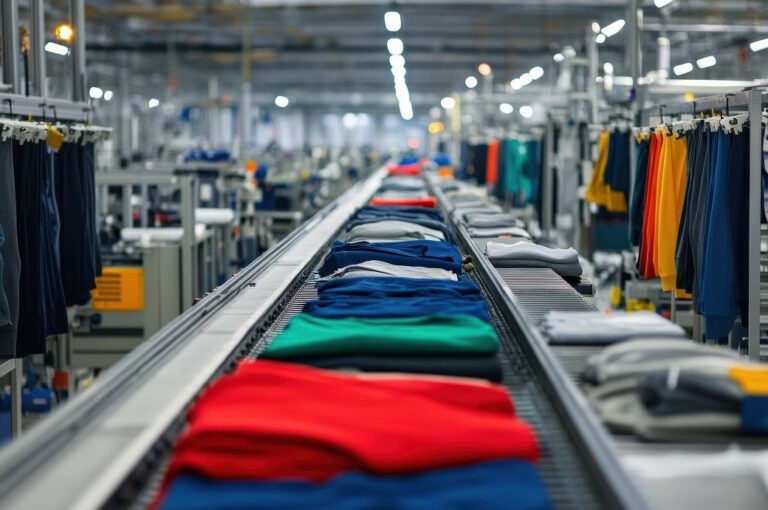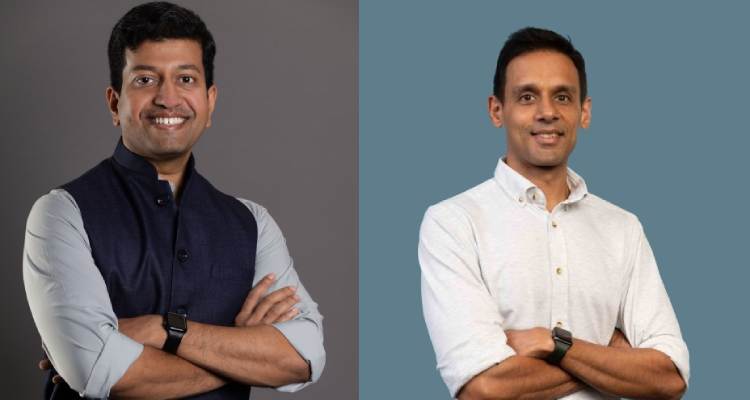

Does Amazon have a diagnostics arm globally, or is this partnership the first of its kind?
Jayaramakrishnan (JK) Balasubramanian: Diagnostics is a global first for Amazon, and it’s being launched in India. Amazon does not have this service in any other geography, even in markets where we already have a healthcare ecosystem.
For example, in the US, we have the pharmacy business, and we recently acquired a company called One Medical, which offers both physical and virtual clinic services. Similarly, markets like Japan and some European countries have pharmacy or clinic operations.
But diagnostics as a category and service, is launching for the very first time, globally, here in India. This is something we’re extremely excited about. We’re happy to be partnering with Orange Health to bring what we believe is the best of diagnostics to Amazon customers in India.
Amazon Medical in India currently has Pharmacy and Clinic services. Could you share some insights into how they’ve performed so far in terms of revenue contribution?
JK: Sure. I wouldn’t be able to give you exact numbers on that, but I can indicatively give you a sense of how we’re doing. Pharmacy was launched two years ago and is available across PIN codes – from Andaman to Arunachal, to Kashmir, to Kanyakumari. You’ll be able to order medicines and have them delivered at your doorstep. It’s been the fastest-growing business within the Amazon ecosystem consecutively for the last two years.
We also launched teleconsultation at the end of last year. It’s still a young business, about six months old, and we’re seeing a lot of traction with customers. While I can’t give you the number of consultations we do every day, we are exceeding expectations in terms of planned capacities.
We’ve always believed that these two services, standalone, wouldn’t be complete without a diagnostic offering. For a customer’s health journey, there’s always a touchpoint with diagnostics. Sometimes it’s the starting point, sometimes it follows a consultation, and sometimes it’s a routine test every six months that eventually gets followed up by consultation and medication. These three foundational services complete a health journey. Not having diagnostics was not an option.
We’ve been working with Orange Health for a while. We’ve always admired the customer centricity they bring and the unique, differentiated service they’ve built. Our ethos as companies, focusing on customer outcomes and experience, aligned well, so it felt organic to work together to build out an Amazon diagnostics experience powered by Orange Health. That’s where we are.
You said Orange Health Labs has a differentiated offering. With so many players in the diagnostics sector, what is this differentiation?
Dhruv Gupta: Yes, you’re right, the diagnostic market has a lot of players. When we started working on this in late 2020 and launched in early 2021, we realised that while there were many players, customers wanted speed along with reliability. Quality and stability are table stakes in healthcare. Speed and reliability were key and weren’t being adequately served.
So we launched with a proposition of a 60-minute home collection from 6 AM to 10 PM, and six-hour reports. Even if you get a test done in the evening, you get your report the same night. To enable this, we built a full-stack diagnostics company. We have our own phlebotomists, logistics team, proprietary systems, labs, lab technicians, and pathologists. We’re fully integrated.
Since launch, customers have been delighted. Word of mouth has been a big driver. We’ve maintained an Net Promoter Score (NPS) of over 85 across the company. It’s only been four years, but with speed and reliability at scale, we’ve been able to break through the clutter and build Orange Health to where it is today. Amazon experienced our service and saw an alignment in values, which made the partnership meaningful.
India is a price-sensitive market. How do you compare in terms of price?
Gupta: We’re priced competitively in the market. Orange Health’s services are similar to what you’d pay at any leading incumbent labs.
So in that sense, it’s a commoditised market. Speed and reliability are the differentiators?
Gupta: Yes, and speed isn’t just for convenience. Speed is important for quality too. Say it’s 2 PM, if you place an order, someone can show up in 45 minutes. All our phlebotomists are trained over 100 hours, verified, and fully employed, not gig workers. They offer a professional experience.
Once the sample is collected, it’s returned to the lab in 90–150 minutes, regardless of where you are in the city. This preserves sample integrity and leads to more accurate results. Our labs use automated, random-access machines – no batch processing, which enables faster testing. We also have a two-level pathologist verification system. Speed enables higher accuracy and allows faster intervention and treatment.
What’s your lab network like? Are you following a hub-and-spoke model?
Gupta: Each of our labs services about 500 square kilometers using a reverse logistics mechanism. Some cities have one lab; larger ones, like NCR, have two. Cities like Hyderabad, being smaller, have one lab. As cities expand, we add more labs. Across six cities, we currently have seven labs.
How many cities and PIN codes are currently covered?
Gupta: We’re serving about 450 PIN codes.
Now that diagnostics will connect with your existing services like Clinic, how do you address the perception of a doctor-lab nexus, where unnecessary tests are prescribed?
JK: We don’t incentivize doctors for sales or prescriptions. Even if a doctor doesn’t write a prescription and only speaks to the customer for 15 minutes, they are paid. We want doctors to do what’s right for the customer. More care doesn’t mean better care. Sometimes the right advice is no intervention — just rest.
We track customer satisfaction. Clinic services have a satisfaction score of 4.8 out of 5. Orange Health also enjoys a high NPS. That reflects that customers feel they’re getting appropriate care, not overdiagnosis or overprescription.
Do you see your telemedicine service replacing physical doctor visits?
JK: It would not replace them, because the needs are different. There are some services where customers would prefer to have a telemedicine experience — it could be an office-goer who doesn’t have time to visit a hospital, or someone with a minor symptom who just wants to talk to a doctor and doesn’t feel it’s worth going in for a full hospital visit.
There are also customers dealing with sexual wellness issues, mental wellness issues, and similar concerns where they’re looking for a degree of anonymity — they want to speak to a doctor over the phone rather than face-to-face. There are multiple use cases that support just doing telemedicine.
At the same time, there are many use cases where the customer would absolutely want to go to a hospital — maybe to see a pediatrician or a neonatologist. So it really depends on the customer and the specific situation. We’re not expecting this service to replace existing healthcare infrastructure. On the contrary, we see it helping to expand and enhance that infrastructure.
For example, today, healthcare infrastructure is very hyperlocal. A doctor sitting in one location gets patients only from that geography. The prescription is filled locally, the interaction is limited by location. Now imagine a situation where a doctor in Ahmedabad can consult with a patient in Asansol — that’s possible through digital health. The geography doesn’t matter. They can have a consultation, generate a prescription, and that prescription can be fulfilled via an e-pharmacy and delivered to the customer’s doorstep. So, we see e-health as a leveler, as well as an enabler. It’s not about replacement — it’s about extending reach and making quality care more accessible.
With all the sensitive patient data generated, especially in mental and sexual health areas, how do you ensure confidentiality?
JK: From a patient confidentiality, privacy, and data security perspective, we have the most stringent protocols in place. In fact, some of these protocols go well beyond Indian legal requirements and follow international standards because of Amazon’s global operations.
We also implement several checks and balances. For example, the customer experience team handling Amazon Pharmacy issues does not have access to data that can identify a customer. We mask a lot of information – customer phone numbers are masked in the system.
The same applies to Orange Health. The phlebotomist visiting your house won’t have access to your phone number. The system enables them to place a call to the customer, but without revealing the number. It’s a tightly controlled ecosystem where customers are not individually identifiable. Customer data is stored using the highest standards of privacy and security. We consider that the bare minimum in healthcare.
For instance, we don’t allow customer service teams to call customers and cross-sell services. Instead, we present the services, and the customer chooses what they want. In every possible way, we’ve ensured that customer data is protected at multiple levels. We take this extremely seriously because healthcare is such a sensitive space.
Gupta: To add to that – even at Orange Health, to integrate with Amazon, we had to comply with Amazon’s stringent data security standards. That’s something we now follow across our organisation. All data is anonymised. It’s only provided when and where necessary, and only to the extent required.
From an Indian legal standpoint, we ensure full compliance with the Digital Personal Data Protection (DPDP) Act. At the end of the day, healthcare brands are built on trust. It’s critical for us that customers feel safe and respected — both with Orange Health and within the Amazon ecosystem. That trust is what we aim to build and grow on.
VIVEKA ROYCHOWDHURY, Editor
viveka.r@expressindia.com
viveka.roy3@gmail.com

